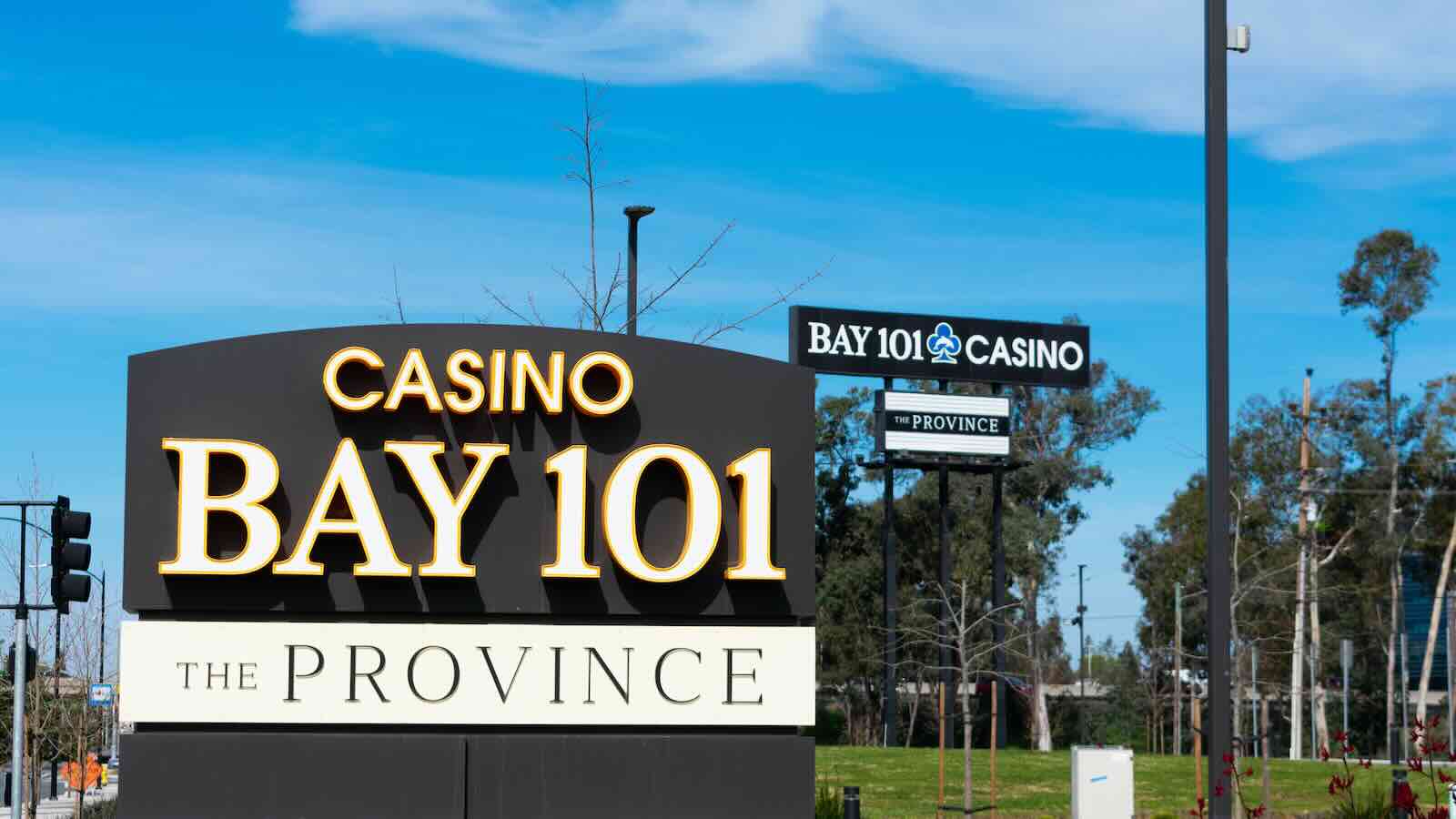California Tribes Granted Legal Path To Challenge Cardrooms Amid Ongoing Gaming Dispute
The legislation gives California tribes a one-time pass to sue cardrooms, but blocks monetary payouts
2 min

The California Senate has approved an amended version of Senate Bill 549 (SB 549), a piece of legislation that could reshape the legal landscape of the state’s gaming industry. The bill, which the chamber passed on August 31 during the final day of the legislative session, would provide California’s indigenous tribes with a one-time opportunity to file lawsuits against cardrooms to determine whether these establishments are operating in violation of state law.
This move follows the passage of the bill by the California General Assembly just two days earlier. With the legislative process now complete, SB 549, the Tribal Nations Access to Justice Act (TNAJA), has been sent to Gov. Gavin Newsom for his consideration and potential approval.
SB 549 has garnered unanimous support in both legislative chambers. However, despite this broad support, the bill places specific limitations on the legal recourse available to tribes.
Notably, while the bill allows the tribes to initiate legal action, it explicitly prohibits them from seeking monetary damages as a result of these lawsuits. Instead, the focus of any legal challenge will be on determining whether the cardrooms are operating in accordance with state law. The bill sets a strict deadline for these lawsuits, requiring that any legal action be filed by April 1 of next year.
The TNAJA also clarifies that the state of California is not a party to any legal action that may arise from this issue. If the tribes choose to sue and win, the court’s order would not go into effect until 60 days after the ruling. Additionally, the bill includes a severability clause, meaning that if any part of the law is deemed invalid or unconstitutional, the remaining provisions would still be upheld.
A battle 24 years in the making
The core issue of the bill, which was opposed by employee unions, is the longstanding tension between California’s tribal casinos and the state’s commercial cardrooms. In 2000, California voters granted tribes exclusive rights to operate Las Vegas-style gambling, which has allowed tribes across the state to develop businesses that provide employment for their members. This opportunity enabled many tribes to escape poverty and achieve self-sufficiency.
Therefore, according to California law, only tribal casinos are permitted to offer house-banked card games. While cardrooms can also offer these games, the bank must be managed by players, with the role of the bank rotating among them.
However, in 2007, cardrooms began using a new model that involved hiring third-party providers (TPPs) to serve as the bank. These TPPs are present next to the dealer but do not participate in the games themselves. For years, tribal leaders have argued that the use of TPPs in cardrooms violates state law and infringes on the exclusive rights granted to tribes.
The cardrooms, on the other hand, have maintained that their operations are fully compliant with state regulations. Along with their supporters, they argue that the games they offer, such as California-style blackjack, through the use of TPPs, are fundamentally different from the house-banked games operated by tribal casinos and that the TPPs comply with state law.
The language barrier
The difference lies in the role of the player-dealer alongside the use of the TPPs (the “bank”) and the use of a representative of the house (the house bank). The cardrooms, because they don’t use a house bank, claim these factors distinguish their games from those exclusively permitted in tribal casinos. The passage of SB 549 sets the stage for this dispute to be addressed in the courts, potentially clarifying the legality of these cardroom games once and for all.
Proponents of the TNAJA, including many tribal leaders, argue that the bill is necessary to protect the economic interests of Native Indian tribes, who rely heavily on gaming revenue to fund essential services for their communities. They contend that allowing cardrooms to operate games that mimic those in tribal casinos undermines the intent of the tribal-state gaming compacts and threatens the economic viability of tribal gaming operations.
Opponents of the bill, including representatives of the cardroom industry, have expressed concern that the legislation could lead to costly and divisive legal battles, as well as bankruptcy for the cardrooms. They argue that the existing regulatory framework has been effective in ensuring that cardrooms operate within the bounds of state law and that further litigation is unnecessary.
Nonetheless, the unanimous passage of SB 549 suggests that there is widespread political support for giving tribes the opportunity to challenge the legality of cardroom operations in court.





